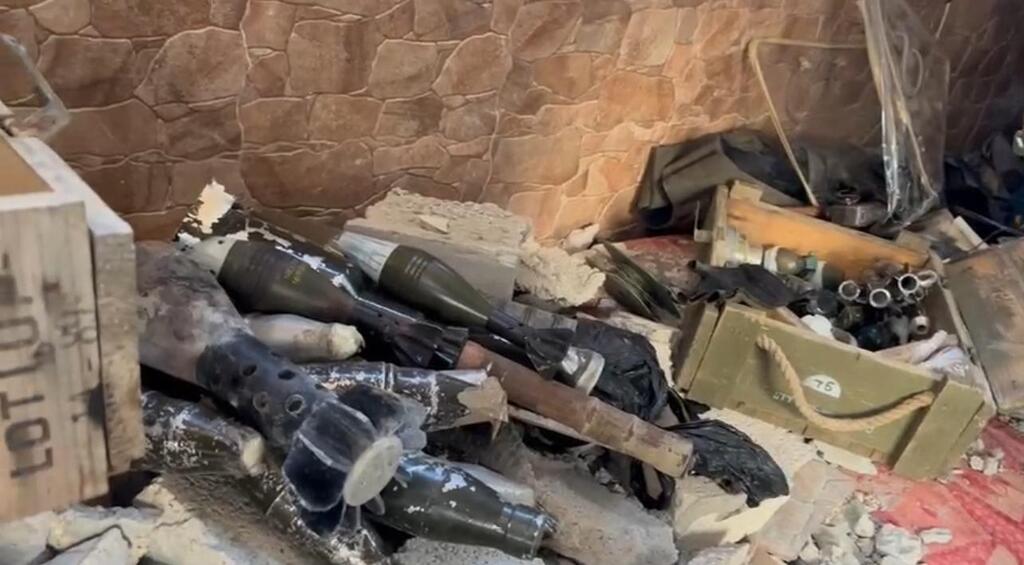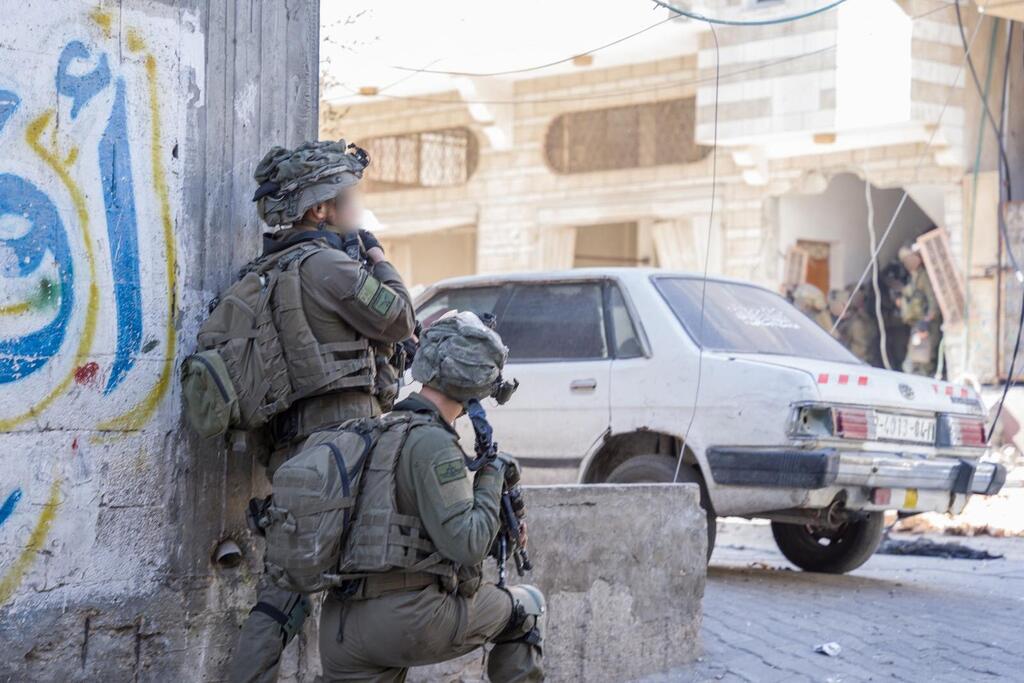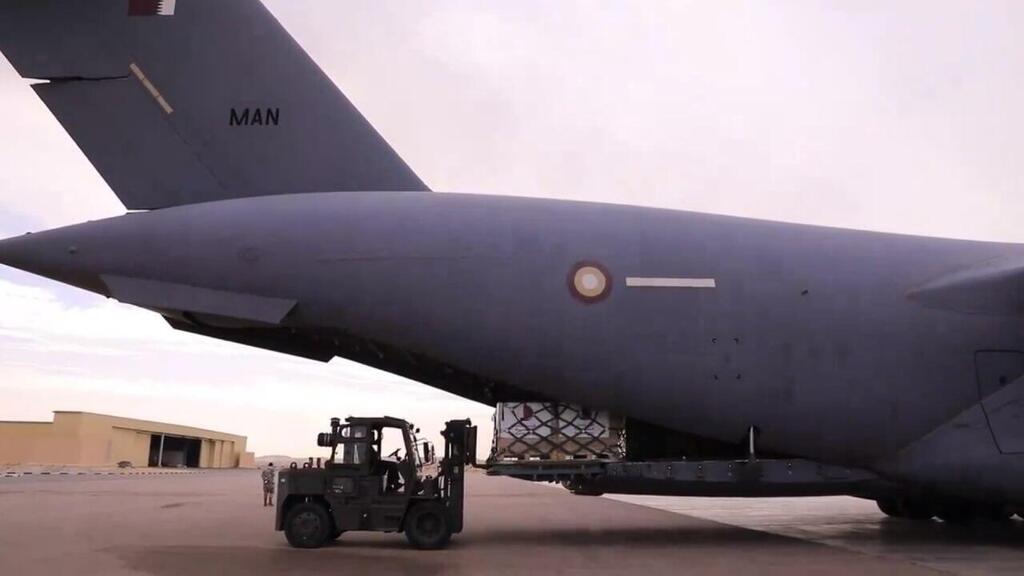Getting your Trinity Audio player ready...
IDF forces found medicines bearing the names of hostages at the Nasser Hospital in the southern Gaza Strip city of Khan Younis, the army reported on Friday.
Read more:
"The origin of the medications and their use are currently under investigation," the army announced Friday evening. However, security officials estimate these were not part of the medicine shipment for the hostages facilitated by Qatar last month.
During the raid on Khan Younis’ largest medical facility, IDF forces arrested more than 20 terrorists who are said to have participated in the October 7 massacre, and dozens of suspects were taken for interrogation.
Forces of the Maglan special forces unit reported having found mortars, grenades and other weapons belonging to Hamas on the hospital’s premises.
Last month, Qatar mediated an agreement for the delivery of medical supplies to the Gaza Strip, with provisions for more than 40 Israeli hostages to receive medications. However, Israel has not yet received proof that the medicines were actually delivered to the hostages.
3 View gallery


Weapons recovered by Israeli forces at Nasser Hospital in Khan Younis
(Photo: IDF Spokesperson's Unit)
Prime Minister Benjamin Netanyahu met on Thursday with CIA Director William Burns and demanded to know whether the hostages received the medications as “the U.S. and Qatar guaranteed," a political source told Ynet, adding that "the prime minister's 'maximum pressure' policy - strong military pressure and assertive negotiation pressure - is the only way to make Hamas lower its absurd demands and lead to the release of the hostages."
Last week, Qatar informed Israel and France that Hamas had assured them the hostages in the Gaza Strip received the medicines sent for them. The French are pressing the Qataris for evidence, and Israel has issued a similar request during their discussions.
Under the agreement, Israel permitted the entry of a substantial amount of medicine for civilians in the Gaza Strip. According to Hamas, for every box of medicine intended for the hostages, a thousand boxes were supplied to Gazans.
Qatar announced the delivery of the medicine to Gaza and suggested it was likely delivered to their intended targets, yet it has not formally confirmed the complete execution of the agreement.
The list of medications was compiled in consultation with the personal physicians of the hostages, comprising life-saving drugs primarily intended for those with chronic conditions, including asthma inhalers, heart medications, blood pressure treatments and the like.
France also participated in the agreement, with the medicine purchased within its territory. It was transported by planes from Qatar to Rafah.




